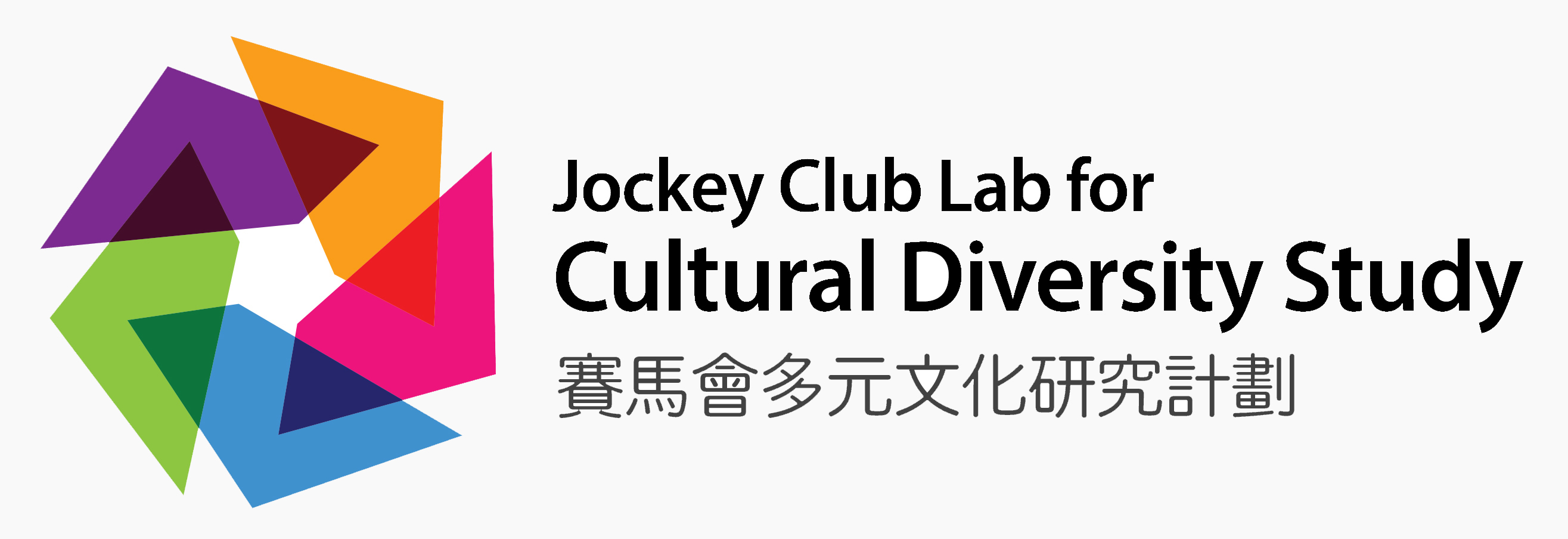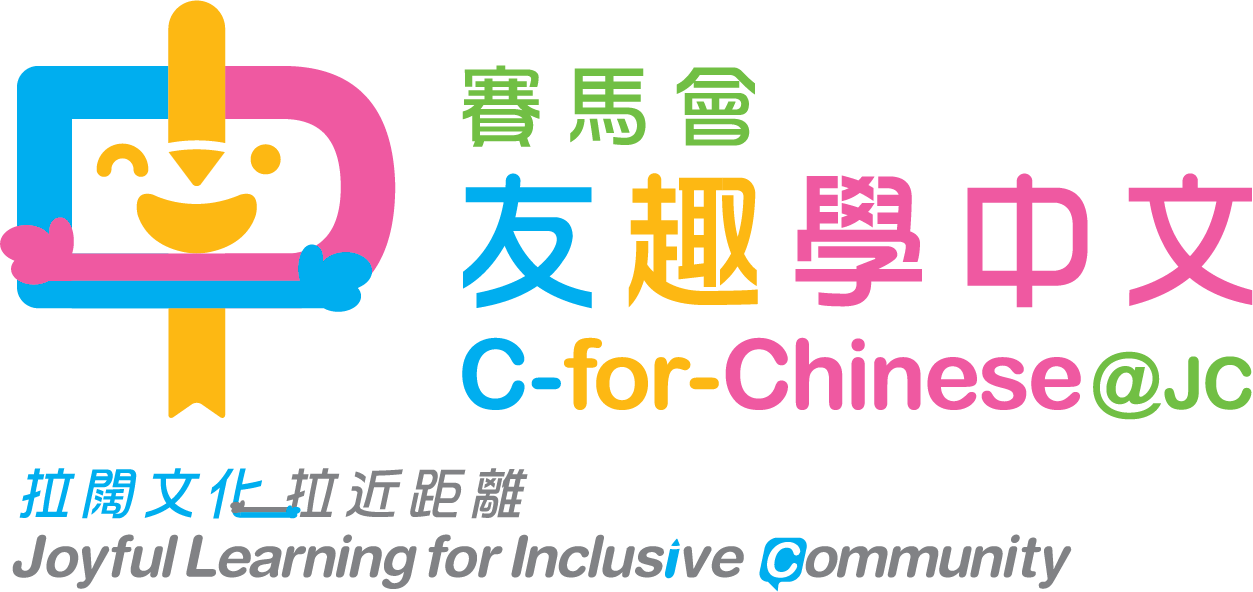Background
To date we know very little about how local Ethnic Minority (EM) youths negotiate their everyday life when their ethnic (and religious) culture is marginalized in mainstream schooling and society. How does inclusion/exclusion operate beyond the classroom and impact on EM young men and women’s growing up processes? How can we promote a better understanding of the education-work-family interface within the EM communities in Hong Kong? This Component aims to investigate the views and experiences of ethnic minority young people who are on the threshold of independence, and their actual experiences of transitions to adulthood in various key domains of life – from transition in education; transition to work, to home leaving, and to finding relationships (including courtship and coping with sexuality). What are their aspirations and difficulties encountered at different stages, and in what ways are these shaped by their ethnicity, class background, social and cultural norms, and family expectations. This Component will also develop an empirical-driven programmes that aid EM youths to master their developmental tasks with the acknowledgement of their unique difficulties and potentials / assets.







